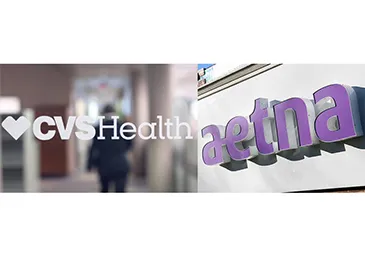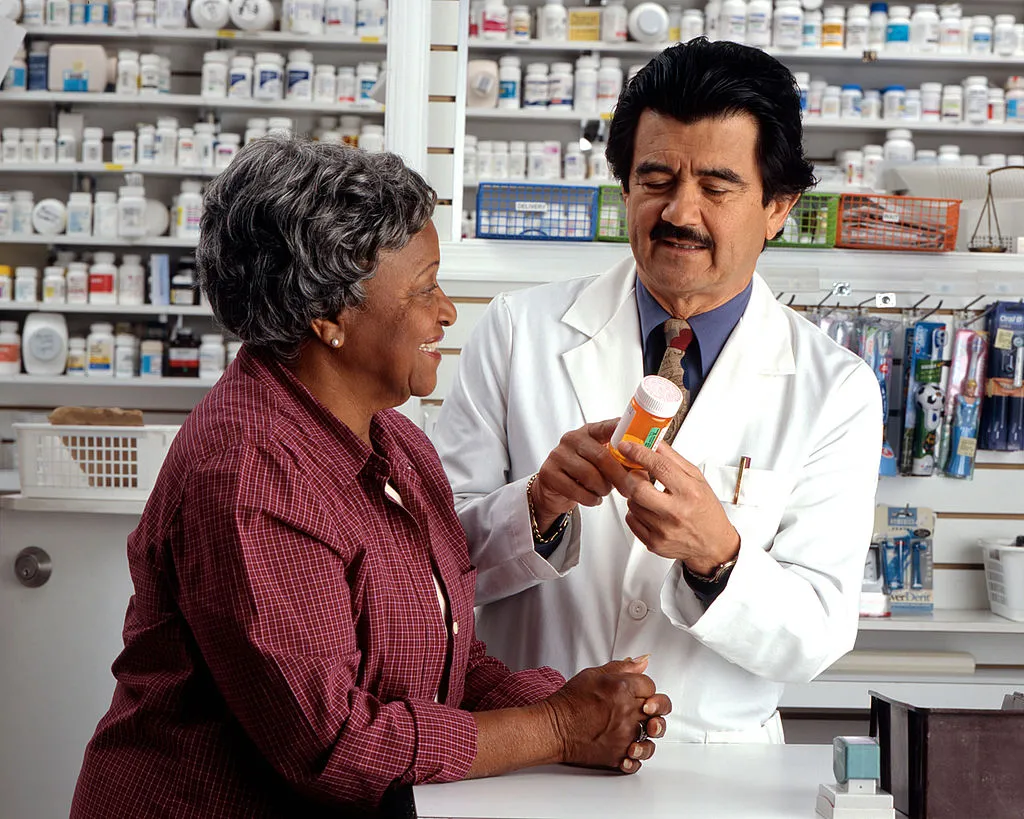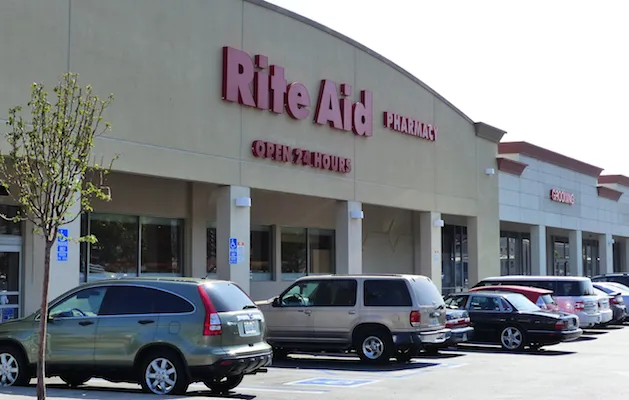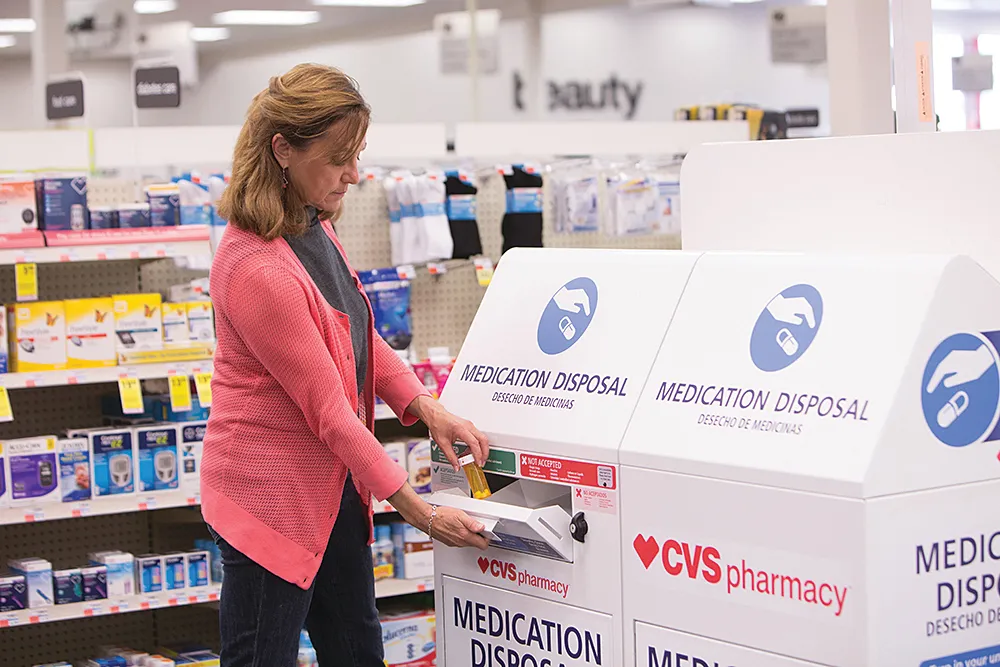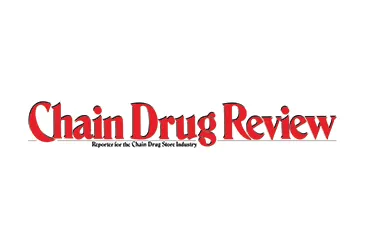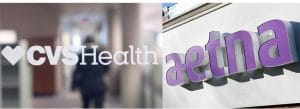
NEW YORK — As the $70 billion merger between CVS Health and Aetna Inc. draws near, the combined company will create a industry-changing model for health care that is more personal than ever before, according to Larry Merlo, CVS Health’s president and chief executive officer.
First announced in December, the mega-deal, which is pending antitrust approval from the Department of Justice, is expected to close at the beginning of the fourth quarter, according to CVS.
Along with creating a more personal health care model and experience, Merlo says CVS and Aetna together will offer more convenience while at the same time putting people front and center in health care. The company, according to Merlo, will focus on making health care local and simple and on improving health.
Last month at a town hall meeting in Los Angeles, Merlo shared his insights into the rapidly changing health care industry as well as CVS’ vision for transforming the country’s $3.6 trillion health care system. Merlo also highlighted CVS’ customer service, noting that CVS has already been on the forefront of cutting-edge innovation in the health care space.
“Online and mail-order pharmacy has existed for many years, and CVS Health dispenses millions of prescriptions this way for patients each week,” Merlo said. “But our delivery model goes well beyond that foundation.”
For instance, CVS already provides in-home infusion services for customers and also offers patients the ability to refill prescriptions through an app and pick them up at one of its nearly 10,000 stores. CVS also delivers medication directly to patients’ homes with an electronic prescription from their doctor.
Merlo also spoke to the CVS-Aetna merger, pointing out that 70% of Americans live within three miles of a CVS Pharmacy location, which means the combined company will be able to provide an array of options for people to access not only convenient but quality health care — be it from an in-store or MinuteClinic visit or in the comfort of their own homes via the company’s digital services.
CVS-Aetna will also be able to coordinate patient care, according to Merlo, with the new company potentially working with hospitals and doctors and accessing electronic medical records to better help patients understand their health care plans and needs.
Another benefit in terms of cost the new company will be able to provide, according to Merlo, is that the new entity will be able to tap into more data, allowing it to paint a clearer and more complete picture of a patient’s health. This, in turn, will aid in predicting certain disease states, which will help with prevention.
“We have to believe that health care can work better, that millions more of us can get a better chance at achieving our best health. To make that vision a reality, change is necessary,” he said. “We will challenge and disrupt the status quo, and help create a better, more effective and more affordable health care system.”
But the CVS-Aetna merger isn’t all CVS is doing to succeed in the ever-changing environments of health care and retail. At the National Retail Federation’s Shop.org conference last month, Kevin Hourican, executive vice president of CVS Health and president of CVS Pharmacy, outlined how CVS is innovating and thriving.
“If you’re not constantly innovating your own business, someone else will be innovating the business you’re in and taking the consumer you’re attempting to serve from you,” Hourican said. “You must have a constant stream of innovation of services that are customer-focused, solving unmet needs or reducing friction in how the consumer interacts with you.”
CVS is rising to these challenges, Hourican pointed out, through three core themes: purpose-driven leadership, big-picture innovation and omnichannel convenience.
A prime example of leading with purpose is the company’s decision four years ago to eliminate tobacco from its stores. CVS’ Pharmacy Savings Finder proprietary software tool illustrates the company’s focus on big-picture innovation. And as a company founded on convenience, CVS understands omnichannel convenience, as it is the first and only national pharmacy chain that delivers both medications and front-of-store products — and it has formed a partnership with Teledoc that gives customers 24/7 access to nurse practitioners who can answer questions, diagnose conditions and write prescriptions.

